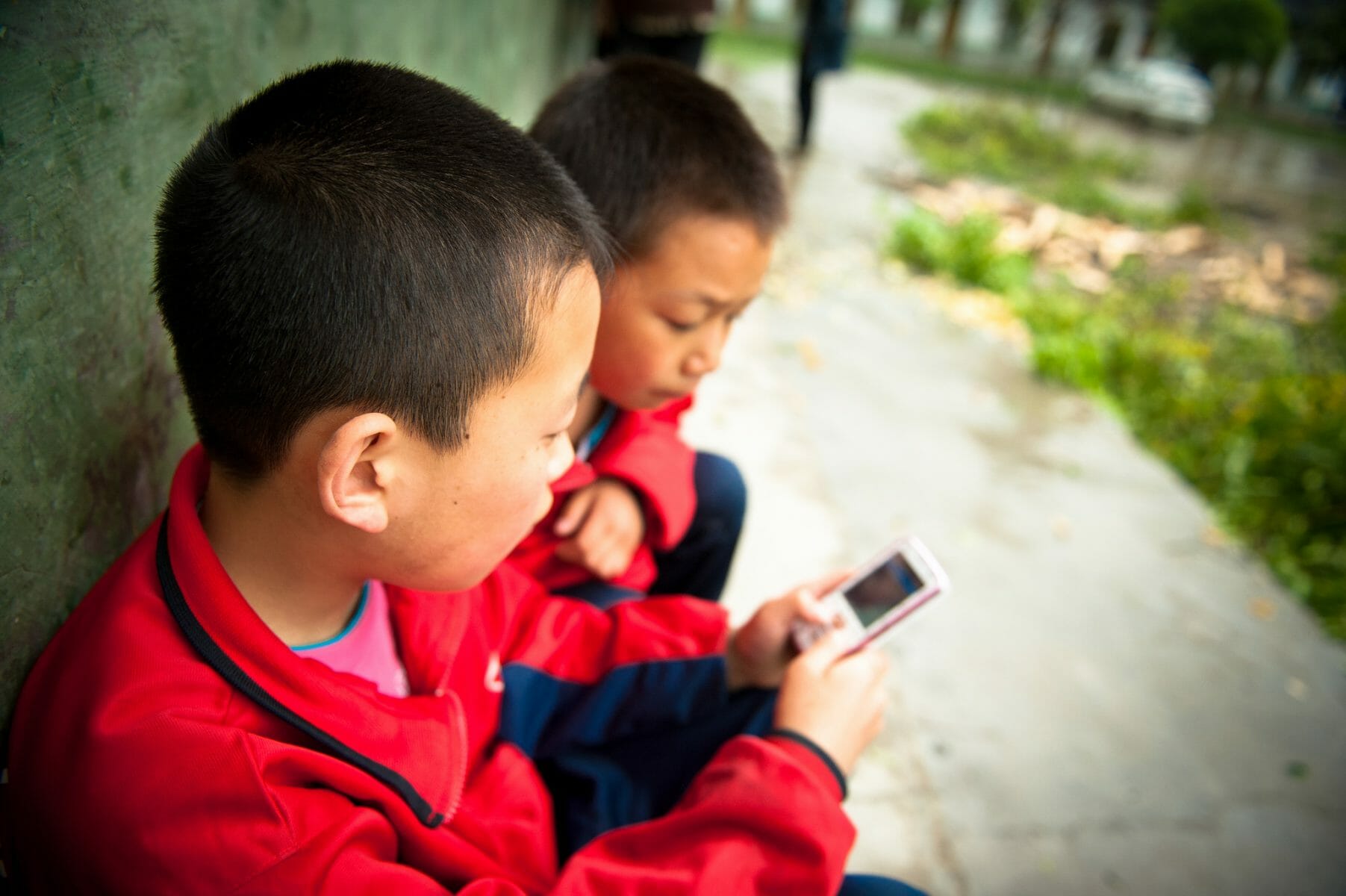
Articles
Industry News
New Microsoft Study Highlights Needs of Class of 2030
By Cait Etherington
January 28, 2018
A new study by Microsoft, carried out in collaboration with McKinsey & Company, suggests that in the future, emotional intelligence and advanced cognitive skills will be necessary to stay ahead of the pack. The study, which surveyed students, teachers, and thought leaders across the United States, Canada, United Kingdom, and Singapore, was released last week and offers insight into some of the steps schools will need to take to ensure that the class of 2030 will have the skills and knowledges needed to succeed when they graduate.
The Impact of Automation on the Class of 2030
As stated in Microsoft’s summary of their new study by the 2030s, workers will require an whole new skill set to thrive on the job. In other words, moving forward, we can expect to see a growing division of labor between human and machine workers. Naturally, as machines prove to be more cost effective and effective carrying out certain tasks (e.g., collecting and analyzing large data sets), all human workers, even those who may have previously found themselves in a quantitatively driven occupation, will need to move into increasingly humanistic roles. As a growing number of studies suggests, this may be one of the surprising ironies of sharing work with various forms of artificial intelligence. While advance technical skills will certainly be required, advance emotional intelligence, as well as communication and people skills will gain, not lose, currency.
As the Microsoft study suggests, however, to ensure students graduate from their K-12 schooling with the right combination of tech and humanistic skills, educators will also need to be retrained.
Personalized Learning
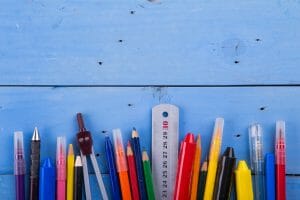 Among other key findings, the Microsoft study emphasizes that with automation, personalized learning will no doubt increase. As the Microsoft study’s infograph highlights, students who receive personalized learning perform better than 98% of students who have not had the benefit of personalized learning. Implementing personalized learning, however, will require a huge culture shift. Beyond radically changing the role of teachers, it will require schools to rethink everything from how students are placed in different grades to the architecture of classrooms. After all, if personalized learning is the future, and all signs indicate that it is, schools will need to be rebuilt to put the emphasis on technology and self-paced learning. Teachers will need to abandon their current mode of teaching (e.g., delivering lessons to large groups of learners) and reposition themselves as facilitators and one-on-one tutors. Likewise, placing children in age-based grades may need to give way to groupings based on level and competencies. Finally, it seems likely that over time, classrooms themselves may need to be redesigned as computer labs and maker spaces become the norm.
Among other key findings, the Microsoft study emphasizes that with automation, personalized learning will no doubt increase. As the Microsoft study’s infograph highlights, students who receive personalized learning perform better than 98% of students who have not had the benefit of personalized learning. Implementing personalized learning, however, will require a huge culture shift. Beyond radically changing the role of teachers, it will require schools to rethink everything from how students are placed in different grades to the architecture of classrooms. After all, if personalized learning is the future, and all signs indicate that it is, schools will need to be rebuilt to put the emphasis on technology and self-paced learning. Teachers will need to abandon their current mode of teaching (e.g., delivering lessons to large groups of learners) and reposition themselves as facilitators and one-on-one tutors. Likewise, placing children in age-based grades may need to give way to groupings based on level and competencies. Finally, it seems likely that over time, classrooms themselves may need to be redesigned as computer labs and maker spaces become the norm.
Before everyone rushes to embrace personalized learning, however, it is important to bear in mind that at least some studies suggests that it may not be the sole answer. Another recently released McKinsey & Company report, based on findings from a PISA (Programme for International Student Assessment) survey that sought to evaluate education systems worldwide by testing the skills and knowledge of 15-year-old students, concluded that a combination of teacher-led and personalized learning may be most effective: “The ‘sweet spot’ is to use teacher-directed instruction in most or almost all lessons, and inquiry-based teaching in some lessons. This pattern holds true across all five regions.”
The Role of Teachers Will be Amplified
While all this may sound frightening to teachers and teachers unions, the Microsoft study does not predict that teachers are on their way out. Rather, it concludes that the role of educators will in fact be amplified as we prepare the class of 2030 for their next steps. As a final statement, the study says, “Teaching as a profession is one of the least likely to be automated in the future, so maintaining strong student-teacher connections remains more important than ever.” Unfortunately, the study’s findings suggest that on this account there is still work left to be done. While 51% of teachers feel that they have strong connections to their students, only 34% of students agree.



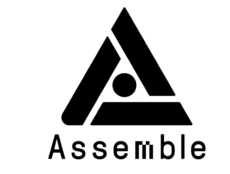

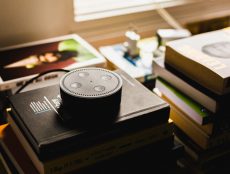

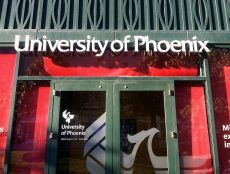

I enjoyed and learned a lot during my tenure at the University of Phoenix. Truly an amazing and meaningful education that was immediately applicable and relevant. And my education at the University of Phoenix was better than any education at public state universities I’ve attended. No University paid attention to the non-traditional student BUT the University of Phoenix! When I attended, they worked hard to ensure I succeeded and I have.